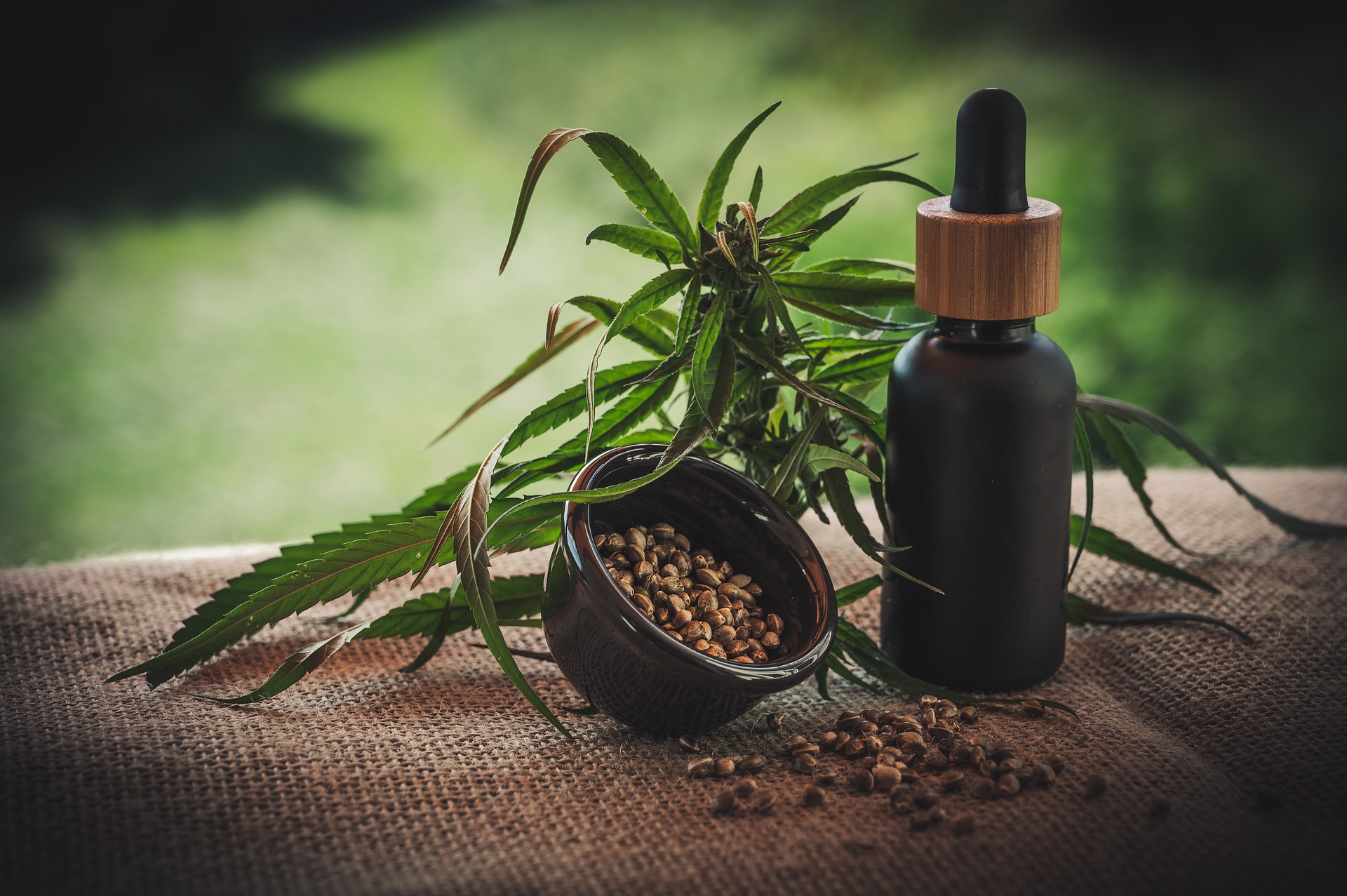News release
From:
CANNABIDIOL NO BETTER THAN PLACEBO FOR LOW BACK PAIN
CANNABIDIOL (CBD) does not reduce pain or hospital length of stay for people seeking help at a hospital emergency department for acute low back pain, according to research published today by the Medical Journal of Australia.
CBD does not have psychomotor or cognitive effects, and its safety profile is good. It has attracted increasing medical interest because of its anxiolytic, anti-inflammatory, anti-emetic, anti-epileptic, and anti-psychotic effects, and has been approved in several countries for the treatment of neuropathic pain. Although CBD may be beneficial for reducing pain caused by inflammation, its utility for treating acute low back pain has not been assessed, until now.
Researchers led by Associate Professor Anselm Wong, clinical toxicologist and emergency physician at Austin Health, and Dr Bronwyn Bebee, a senior registrar, also at Austin Health, set out to assess the analgesic efficacy and safety of single-dose oral CBD as an adjunct to standard care for patients presenting to an emergency department with acute low back pain.
Patients who presented with acute, non-traumatic low back pain between 21 May 2018 and 13 June 2019 were randomised to receive 400 mg CBD or placebo in addition to standard emergency department analgesic medication.
“Mean pain scores at two hours were similar for the CBD (6.2 points) and placebo groups (5.8 points,” Bebee and colleagues wrote.
“The median length of stay was 9.0 hours for the CBD group and 8.5 hours for the placebo group. Oxycodone use during the four hours preceding and the four hours after receiving CBD or placebo was similar for the two groups, as were reported side effects.
“We found no evidence of CBD used this way in patients with acute low back pain; the CBD and placebo groups did not differ with respect to hospital length of stay, adverse effects, and additional opioid medication use.
“Given its high cost, this is an important finding for patients who may consider requesting Therapeutic Goods Administration (TGA) approval for access to CBD.
“With the gradual legalisation of medicinal and recreational cannabis use in Australia and other countries, physicians must expect to see increasing numbers of patients taking cannabis products, whether prescribed by physicians or not,” they wrote.
“It is imperative that the medical utility of CBD and other cannabis products, their side effects, and how these products interact with other medications be investigated in well designed studies.
“[Our] trial was the largest clinical investigation of CBD for treating people with acute low back pain, one of the few to examine the effect of CBD without tetrahydrocannabinol on acute pain, and was undertaken in a setting representative of clinical management of acute back pain in emergency departments.
“We found that CBD was not superior to placebo as an adjunct medication for treating low back pain in this setting,” Bebee and colleagues concluded.
All MJA media releases are open access and can be found at: https://www.mja.com.au/journal/media
Please remember to credit The MJA.
The Medical Journal of Australia is a publication of the Australian Medical Association.



 Australia; VIC
Australia; VIC



